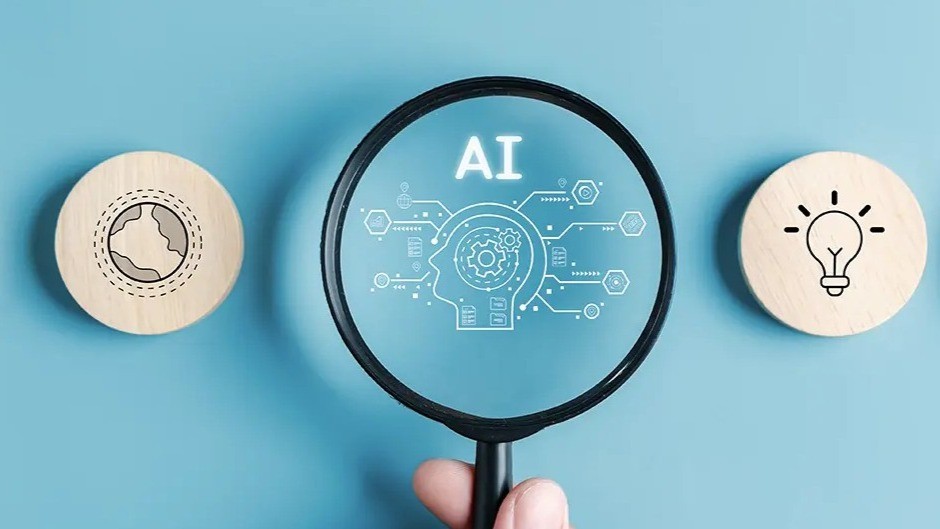
As a librarian, you’ve always been the person people turn to when they need help finding answers. But the way we search for information is changing fast. Databases are growing, new tools keep appearing, and students expect instant results. Only then will you know the true benefit of AI for libraries, to help you make sense of it all.
From Boolean to Intelligent Search
Traditional search is still part of everyday library work. It depends on logic and structure, keywords, operators, and carefully built queries. But AI adds something new. It doesn’t just look for words; it tries to understand what someone means.
If a researcher searches for “climate change effects on migration,” an AI-powered tool doesn’t just pull results with those exact words. It also looks for studies about environmental displacement, regional challenges, and social impacts.
This means you can spend less time teaching people how to “speak database” and more time helping them understand the research they find.
The Evolution of Library Search
Traditional search engines focus on matching keywords, which often leads to long lists of results. With AI, search tools can now read queries in natural language, just the way people ask questions, and still find accurate, relevant material.
Natural language processing (NLP) and machine learning (ML) make it possible for search systems to connect related ideas, even when the exact words aren’t used. Features like semantic search and vector databases help AI recognise patterns and suggest other useful directions for exploration.
Examples of AI Tools Librarians Can Use
| Tool / Platform | What It Does | Why It Helps Librarians |
| Zendy | A platform that combines literature discovery, AI summaries, keyphrase highlighting, and PDF analysis | Helps librarians and researchers access, read, and understand academic papers more easily |
| Consensus | An AI-powered academic search engine that summarises findings from peer-reviewed studies | Helps with literature reviews and citation management |
| Ex Libris Primo | Uses AI to support discovery and manage metadata | Improves record accuracy and helps users find what they need faster |
| Meilisearch | A fast, flexible search engine that uses NLP | Makes it easier to search large databases efficiently |
The Ethics of Intelligent Search
Algorithms influence what users see and what they might miss. That’s why your role is so important. You can help users question why certain results appear on top, encourage critical thinking, and remind them that algorithms are not neutral.
Digital literacy today isn’t just about knowing how to search, it’s about understanding how the search works.
In Conclusion
AI tools for librarians are becoming easier to use and more helpful every day. Some platforms now include features like summarisation, citation analysis, and even plans to highlight retracted papers, something Zendy is working toward.
Trying out these tools can make your work smoother: faster reference responses, smarter cataloguing, and better guidance for researchers who often feel lost in the flood of information.
AI isn’t replacing your expertise, it’s helping you use it in new ways. And that’s what makes this moment exciting for librarians everywhere.